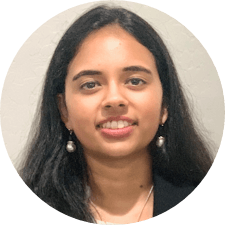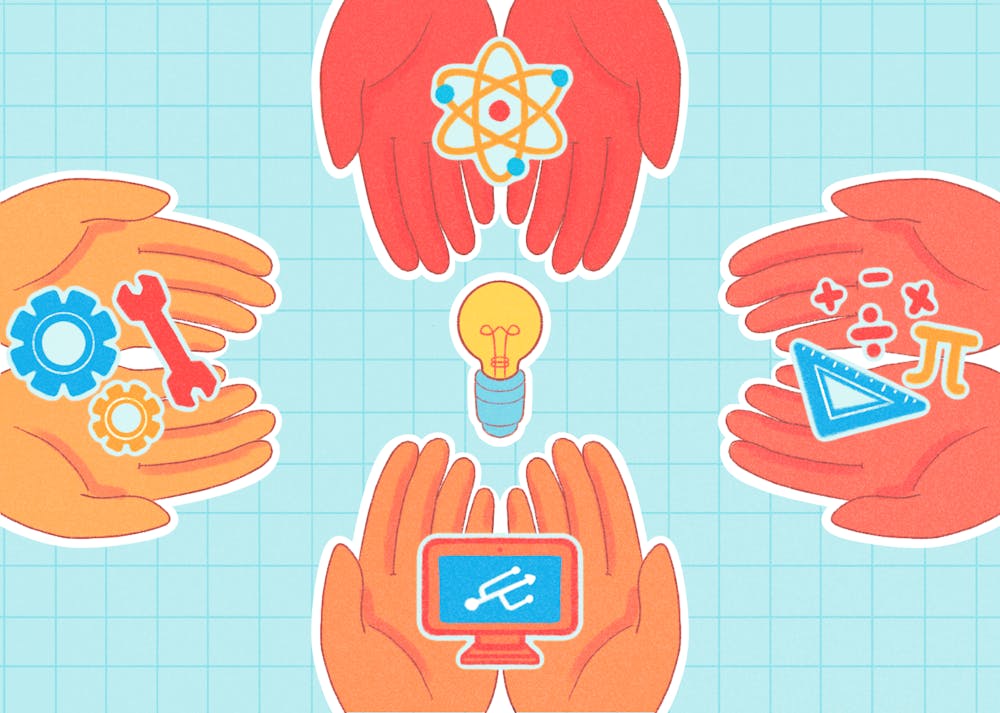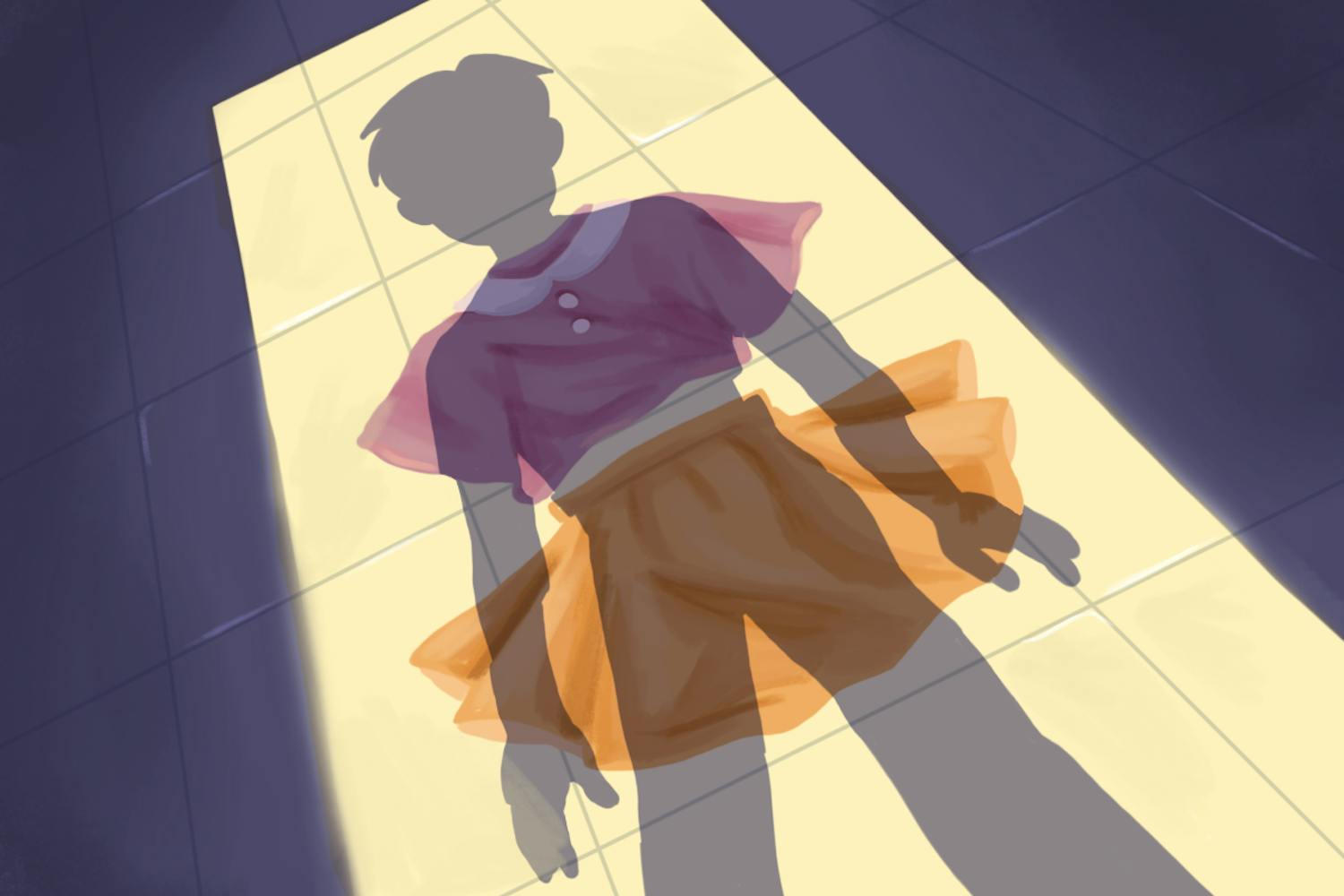To improve diversity and equity in the STEM field at ASU, The College of Liberal Arts and Sciences launched the Justice, Equality, Diversity and Inclusion seed grants to help contribute to equality and inclusion across departments in The College.
Students and staff had to present ideas and projects of what their school could do with the money, as well as coming up with a detailed plan on how to execute it. Many of the projects that received money focused on implementing inclusive teaching practices and creating academic programs for underrepresented students to apply.
Ara Austin, clinical assistant professor at the School of Molecular Science and managing director of online programs whose project received one of the grants, said these initiatives are to help address the lack of diverse representation in the science, technology, engineering and mathematics fields.
“We've had more issues in terms of having a higher level of male dominance, or having more inclusionary environments, or not having other types of racial or ethnic groups represented very well,” Austin said.
Summer scholars program
The School of Life Science’s Biodiversity Knowledge Integration Center was awarded a $10,000 grant by The College. The money from the grant will go toward funding a summer scholars program to give more opportunities to underrepresented students.
“We wanted to capitalize on the unique things our center had to offer, which was getting people in contact with nature and other aspects of biodiversity,” said Kelsey Yule, project manager for the National Ecological Observatory Network Biorepository at ASU.
The school plans to use the $10,000 to launch a six-week summer research training program where scholars will collaborate on a research project involving botany, entomology, vertebrate zoology and bioinformatics. Directors of the program are hoping to give students who wouldn't otherwise have the opportunity to focus on biodiversity issues.
Students will be required to perform an observational study and gather and use that data from it.
"We now look forward to making the program successful and permanent," said Nico Franz, a professor in the School of Life Sciences and director of the center.
The creators of this program are trying to give students skills that will help them be successful in research-based careers, as well teaching them more about sustainability within our ecosystems.
“It’s really about the people; we want to get more people and more talented students involved,” said Kenro Kusumi, director of the School of Life Sciences.
The summer scholars program is open to students everywhere, not just at ASU. Undergraduates and community college students are welcome to take part in this program and there is no specific background required. The program requires a variety of different skills, so they are looking for a diverse set of people with diverse backgrounds.
“The goal is to create a more diverse and broader community within the natural history community, not just at ASU but in general," Yule said.
RISE Teams
Sharon Hall, School of Life Sciences professor and special advisor to the director for JEDI, received $10,000 for her RISE Teams initiative.
This project consists of graduate students and faculty teams who will work together over the summer to review the current undergraduate courses offered to see how to make them more inclusive to students.
Students and faculty will be supplemented with training and seminars from the RISE Center to learn about how to implement inclusive practices in the classroom.
Hall said this is one of the steps to incorporate more inclusive teaching practices, such as the use of different images and slide in presentations.
“It will probably be somewhat of looking at the examples that the faculty member uses and making sure that it's inclusive of, you know, women in science and people of color," Hall said.
Hall said the outcome of this collaboration is for faculty members to learn how to use active learning and evidence-based methods to make students in the classroom feel more welcome.
INCLUDES Training Program
Professors from the School of Life Sciences, the School of Earth and Space Exploration and the School of Molecular Sciences received $9,550 for their Natural Sciences INCLUsion DEpartmental, or INCLUDES, Training Program.
The project will create training sessions, which will focus on covering inclusive teaching methods. The money will be going toward the trainers and the evaluation's at the end of the training.
Austin, one of the faculty members involved with the program, said the training will occur during this summer for faculty and will open it up to graduate students and other staff in Fall 2021.
Hall, who is also part of this program, said the training will help improve diversity and inclusion for students within the schools.
“It's a personalized look for faculty to think about how to become more inclusive in your practice and how to be more empathetic, and when you see something, (you) say something and do something,” Hall said.
With the training in place, Austin said she hopes faculty and staff learn more about being aware of their students’ experiences.
“As we go through different real-life scenarios with this training program, I'm hoping that people realize, ‘Oh yeah, those are situations that I am supposed to be standing up for,’” Austin said.
Reach the reporters at ahoppes1@asu.edu and anatar12@asu.edu and follow @aviannahoppes and @AnushaNat1 on Twitter.
Like The State Press on Facebook and follow @statepress on Twitter.
Continue supporting student journalism and donate to The State Press today.





